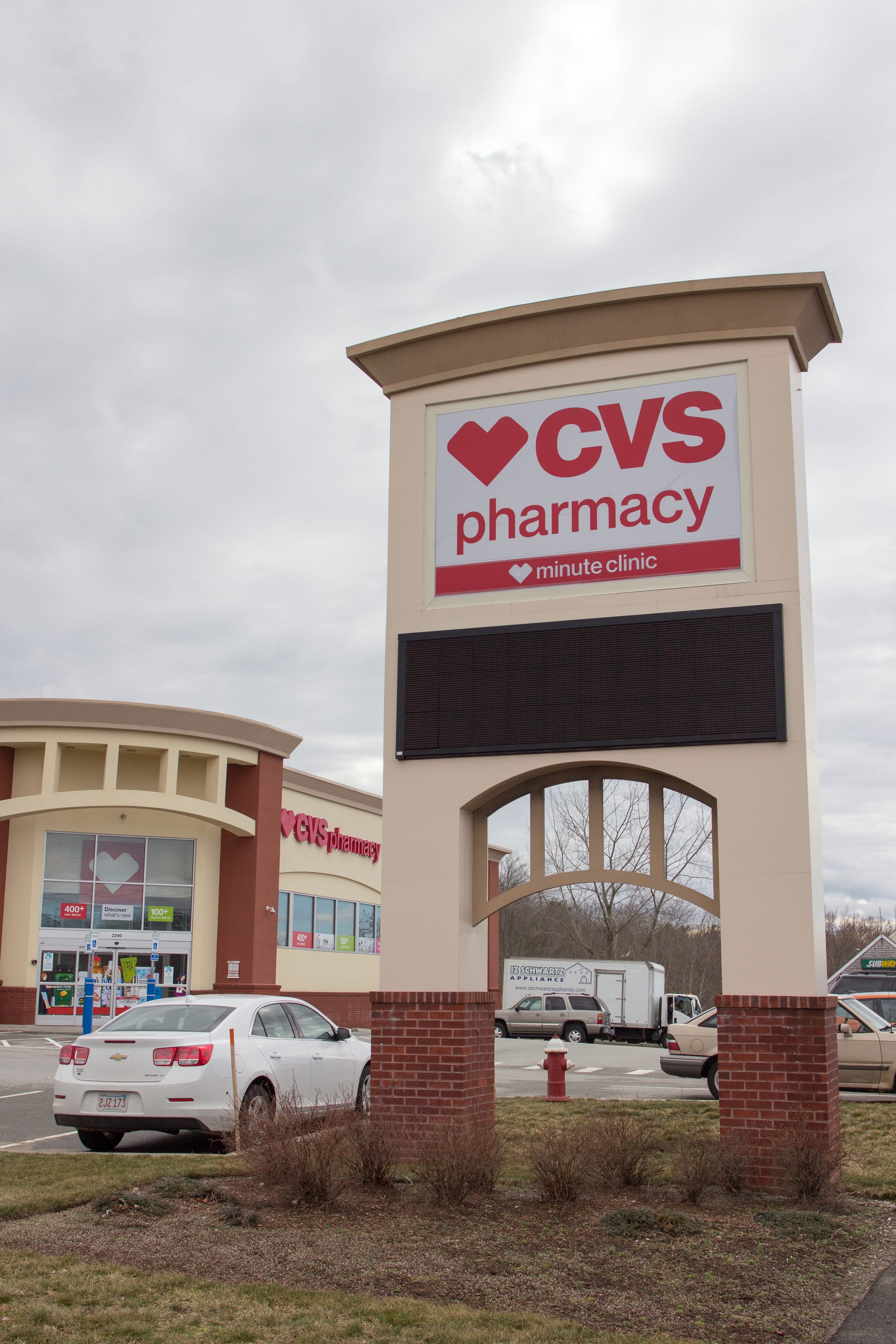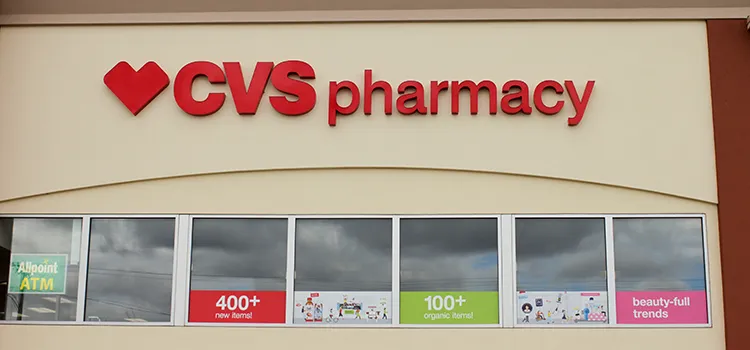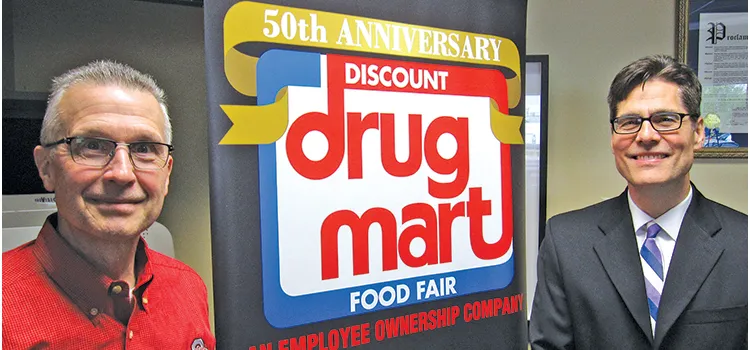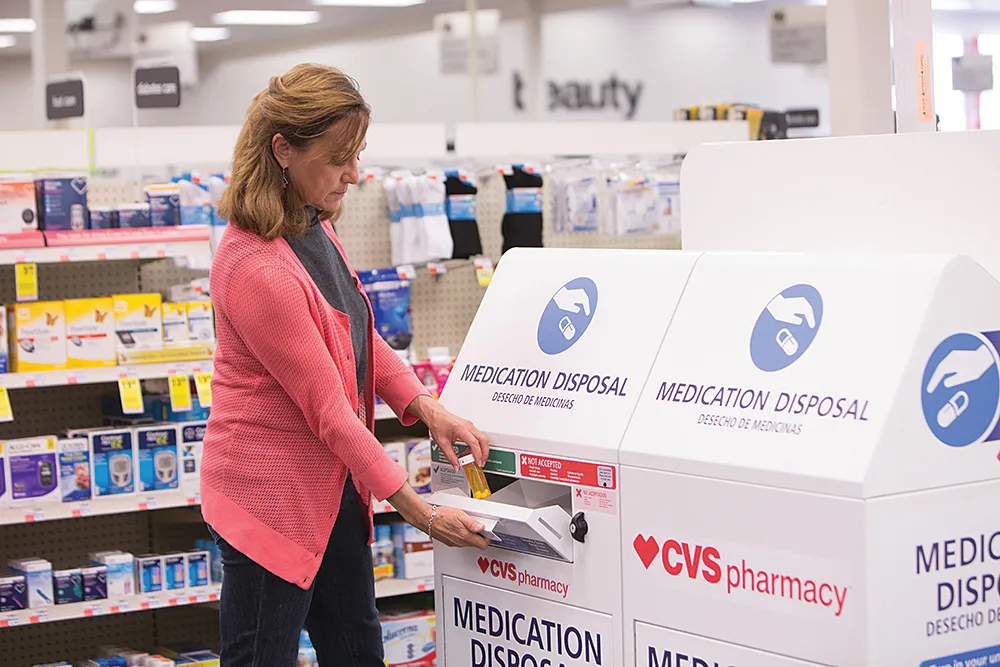
Even as a misguided federal judge continues to review its merger with Aetna — a deal that was finalized last November — CVS Health is moving forward expeditiously to overhaul the health care delivery model.
President and chief executive officer Larry Merlo and seven of his colleagues from the combined company’s management team recently laid out an ambitious agenda for rationalizing the way patients receive care, while maximizing the return on the health care dollar. “Our goal is to fundamentally transform the consumer health experience for the millions of Americans we interact with every day, while creating value for our patients, members, partners and shareholders,” Merlo said last month at CVS Health Investor Day. “We have combined with Aetna to build a powerful and unique business model that will guide our journey to becoming the most consumer-centric health care company.”
The same day that executives shared their vision for the future of health care with financial analysts and investors, Judge Richard Leon of the federal district court for the District of Columbia convened a two-day hearing to reconsider the Justice Department settlement that cleared the way for the merger between CVS and Aetna. The two companies received the go-ahead for the merger last October, after Aetna agreed to sell its stand-alone Medicare Part D prescription drug plans, which serve some 2.2 million patients, to WellCare Health Plans.
Critics of the merger, including the American Medical Association, contend that the settlement fell far short of what’s needed to protect consumers by ensuring competition in the health care marketplace. Testifying on behalf of the AMA, Neeraj Sood, a professor at the Sol Price School of Public Policy at the University of Southern California, said the merger leaves patients in a vulnerable position. Other opponents asserted that the deal will lead to higher insurance premiums for consumers.
By using the review of the merger settlement under the Antitrust Procedures and Penalties Act (commonly know as the Tunney Act), something that is usually a formality, to reopen the debate about the entire deal, Leon is distracting from the urgent task of attempting to revamp a health care system that, despite being the most costly in the world, is delivering substandard results when compared with other advanced countries. Alan Lotvin, a physician who is now executive vice president and chief transformation officer at CVS Health, reminded the court that the company has already taken the first steps toward reimagining how health care is delivered and, in the process, beginning to tackle seemingly intractable problems around access, quality and cost of care.
Members of top management expanded on those efforts during Investor Day. The most visible manifestation of the company’s quest for innovation is the HealthHUB format, which debuted six months ago in greater Houston. The three stores converted to the prototype provide a broader range of health care options than a standard CVS store, including personalized pharmacy support and expanded MinuteClinic services; digital health tools; new product categories; and nutrition and weight loss programs. More than 20% of the space in the HealthHUBs is devoted to health services, extending to such categories as durable medical equipment and supplies, diabetes care, and sleep apnea.
The idea behind the format is to provide people with an entry point for addressing health issues closer to where they live and work. By making individualized, integrated health care easily accessible, CVS hopes to encourage patients to seek assistance in a low-cost setting and keep them engaged over the long term to produce better outcomes.
Customer response to HealthHUBs has been enthusiastic, prompting CVS to ramp up expansion. Plans call for the launch later this year of additional locations in Houston, Atlanta, Philadelphia, southern New Jersey and Tampa. Some 1,500 HealthHUBs are expected to be in operation by the close of 2021.
The format, which transforms the drug store into a true neighborhood health care center, is just one of the innovations across the continuum of care that CVS Health is pursuing. The vertical integration with Aetna was a prerequisite for making many of those new ideas attainable.
The courts need to allow such bold experiments to move ahead. The alternative is to maintain a status quo that is failing too many patients and putting the country on a fiscally unsustainable course.









